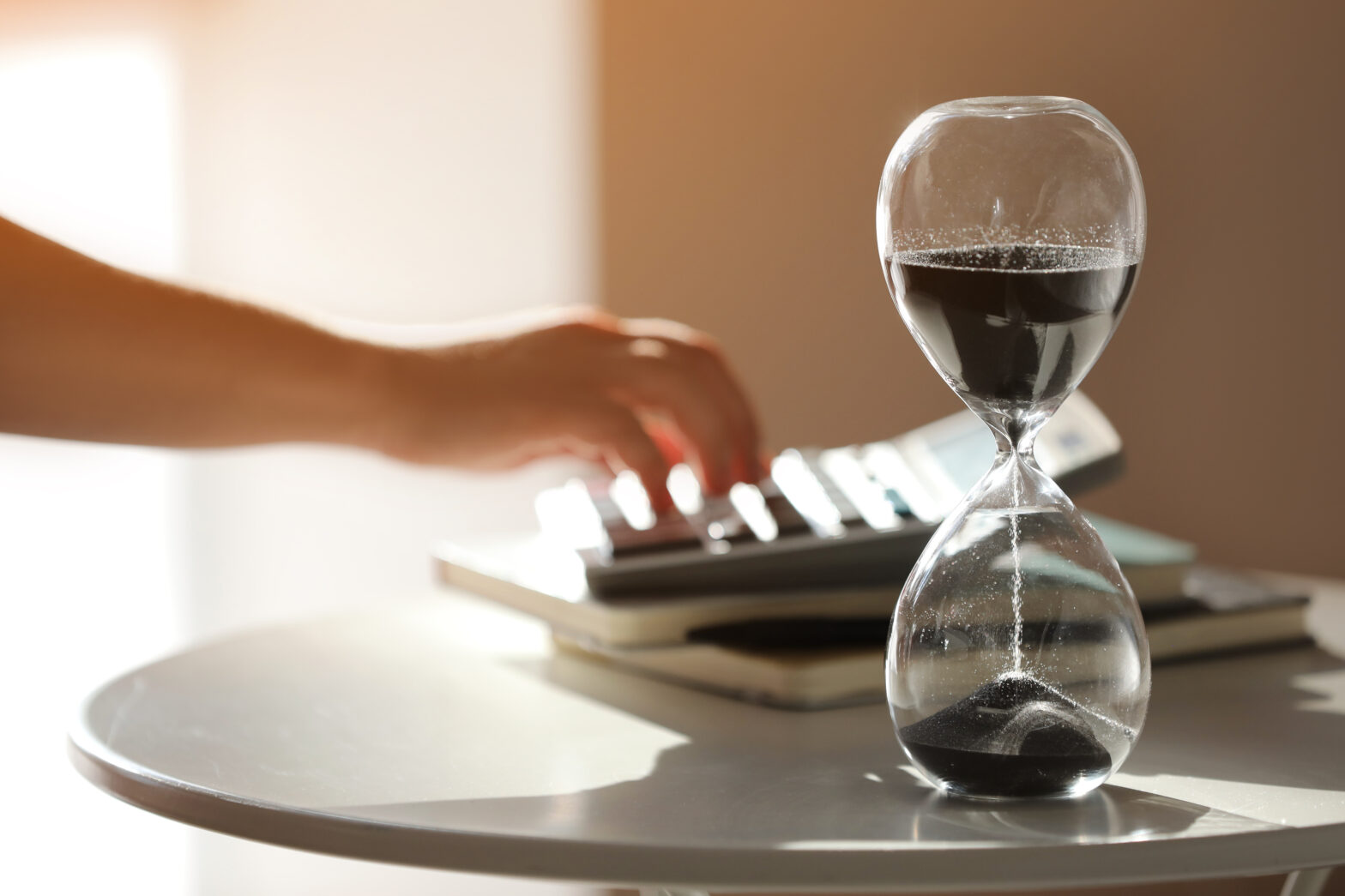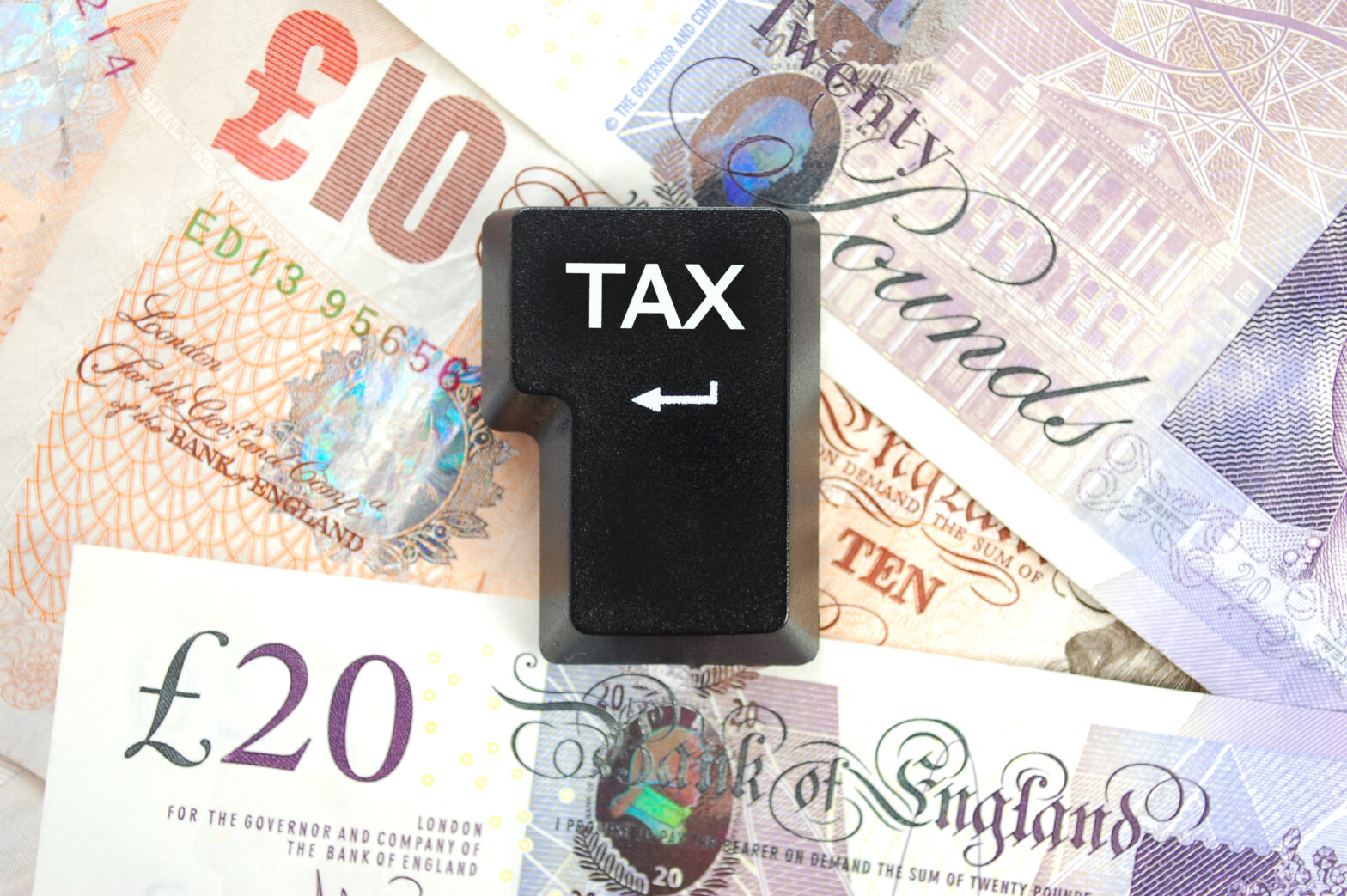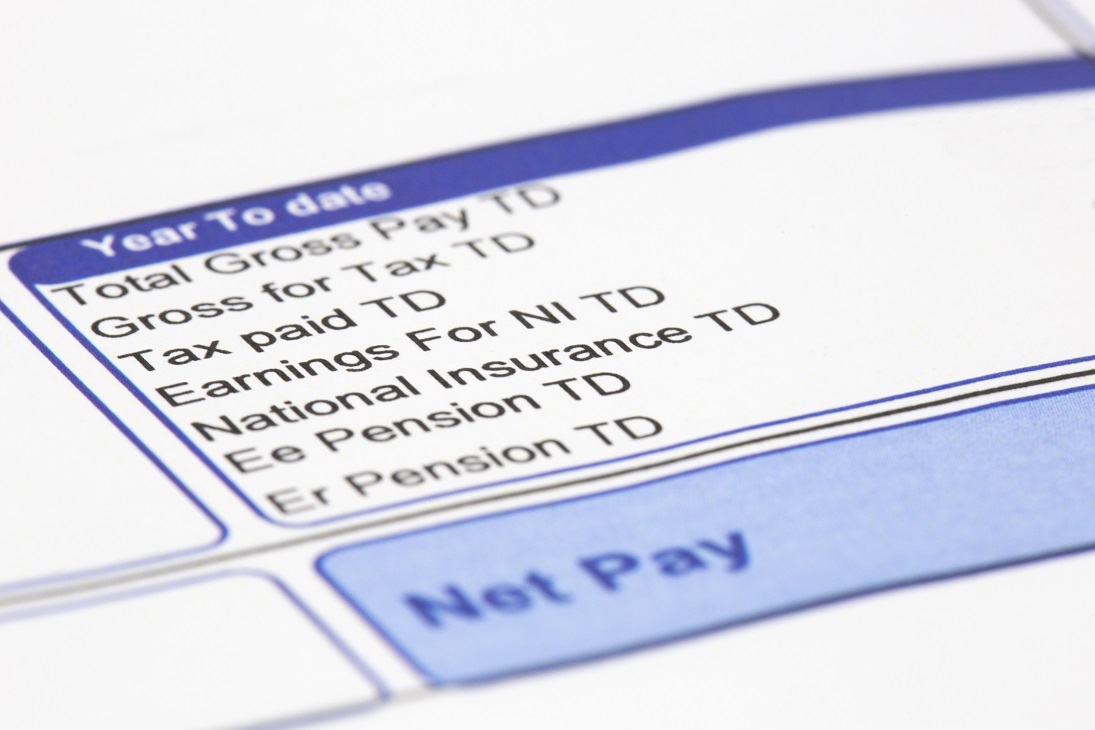What is the super-deduction tax break?
The super-deduction £25bn tax break, announced in last Wednesday’s Budget, is intended to spur investment by providing 25p off company tax bills for every pound of qualifying spending on plant and machinery.
Rishi Sunak told Parliament on March 9 that he believed his super-deduction corporation tax relief will not only bring forward business spending for two years but “will increase the amount of investment as well”.
At its peak, the super-deduction will raise the level of business investment by 10 per cent, or roughly £20bn a year, according to the Office for Budget Responsibility (OBR).
How the super-deduction works
The super-deduction offers 130 per cent first-year relief on qualifying main rate plant and machinery investments from April 1 2021 until March 31 2023 for companies.
For most business equipment, there will be a super-deduction of 130 per cent of the expenditure incurred. This will mean that on a spend of £100,000, the corporation tax deduction will be £130,000, giving corporation tax relief at 19 per cent on £130,000, which is £24,700.
Normally such expenditure would either fall within a company’s annual investment allowance and produce relief of only £19,000 or alternatively be tax-relieved at 18 per cent of the cost per annum.
For a company with an accounting year to 31 March, the super-deduction calculation is straightforward. That’s also the case for any other year-end providing the year-end falls before April 1 2023 – for example expenditure in the year to December 31 2022.
“But it’s very different for the next accounting year,” said Will Silsby, technical officer at the Association of Taxation Technicians (ATT). “Where that year begins before April 1 2023 but ends after that date, the super-deduction 130 per cent percentage is reduced in order to ensure that a company paying corporation tax at the 25 per cent main rate from that date does not get both the 30 per cent enhancement on its expenditure up to March 31 2023 and tax relief on that expenditure at 25 per cent.”
Silsby adds that in the drafting process, the situation of companies entitled to the SPR appears to have been overlooked. “They still incur the reduction of the super-deduction percentage despite the fact that they will only get tax relief at 19 per cent,” he said.
Taking the example of a company which incurs qualifying expenditure of £20,000 in the first three months of its year to December 31 2023, it will be entitled to the super-deduction but only at 107.4 per cent rather than 130 per cent. So the £20,000 is enhanced to £21,480 (instead of £26,000) and with the SPR rate of 19 per cent, the tax reduction on the expenditure will be £4,081.20 (which is 20.4% of £20,000). If the same expenditure had been incurred in the company’s year to December 31 2022, the tax reduction would have been £4,940 (which is 24.7 per cent of £20,000).
Nigel May, partner at MHA MacIntyre Hudson, said: “Companies looking to use this relief will need to take care when the assets that the expenditure relates to are sold: tax charges may then arise clawing back the relief. It is perhaps worth noting that certain expenditure is excluded, in particular the acquisition of company cars.”
What equipment can I claim super-deduction against?
The kind of assets that qualify for the super-deduction include but are not limited to:
- Solar panels
- Computer equipment and servers
- Tractors, lorries, vans
- Ladders, drills, cranes
- Office chairs and desks
- Electric vehicle charge points
- Refrigeration units
- Compressors
- Foundry equipment
Can I claim super-deduction if I use asset finance?
There seems to be some confusion here.
In the draft super-deduction legislation, plant and machinery investment incurred under “a hire purchase or similar contract” – common among small and medium-sized companies – will have to meet “additional conditions” to qualify for the super-deduction.
The implication is that the 130 per cent tax break excludes hire purchase or asset finance arrangements because the super-deduction only applies to “the person to whom [the equipment] is bailed or hired is the person who incurs the expense”.
According to the Times, more than one in five small and medium-sized businesses use asset finance or hire purchase when purchasing equipment.
Julien Rose of regulatory consultancy Asset Finance Policy said: “This really needs clarifying before the rules are confirmed … hopefully it will soon be confirmed that relevant leasing will qualify, as it has before.”
However, according to the Finance & Leasing Association, these “additional conditions” are precisely there to ensure that the benefit of the super deduction go to the business customer rather than the lender, and that does not mean hire purchase cannot be used.
Super-deduction additional conditions
- that you are paying a periodical sum and in return plant and machinery assets are “bailed” (hired) to you
- that eventually you can end up owning those assets (such as by exercising an option to purchase or paying a fee)
- that the person who hires/receives the goods is the one incurring the expenditure (i.e. paying for the contract). This makes sure that the benefit of the deduction goes to the small business rather than the lender.
Simon Goldie, director of business finance at the F&LA, said: “There has been some confusion over the application of the super-deduction. In layperson’s terms, it benefits businesses whether they acquire equipment using cash or a hire purchase agreement.
“In the case of the latter, the legislation requires the person benefiting from the super-deduction to have ‘incurred the expenditure’ in acquiring the equipment, and as far as we understand it, this expenditure can include payments made under a hire purchase contract.”
The F&LA has asked HMRC for further clarification.
Can I use the super-deduction to buy used equipment?
The short answer is no. According to Andrew Frost of Genesis Asset Finance, a big change from the parallel Annual Investment Allowance is the exclusion of used equipment from the super-deduction.
>See also: Annual Investment Allowance explained
How has the super-deduction been received?
James Smith, UK economist at ING, told the Telegraph that the super-deduction was the “business equivalent of Eat Out to Help Out”, encouraging jittery businesses to part with some of the £252bn in cumulative deposits built up since pandemic struck, according to UK Finance.
But former Prime Minister Theresa May, speaking in the House of Commons on March 9, dismissed the super-deduction bizarrely as just paying for “chief executives’ jacuzzis”. She told MPs, “Year after year that is the answer the Treasury comes up with.”
She said that the Treasury always reached for capital allowances as the tool to encourage business investment while what was really needed was an incentive for R&D. However, the Government had embarked on its third review of R&D tax credits in as many years. “I have to say to [the Chancellor]: stop consulting, just get on and do something,” she said witheringly.
Find finance: SmallBusiness.co.uk is working in partnership with Finpoint to help you find the best finance deals. If you’re looking for fast funding for your business, complete this quick application to access the UK’s largest panel of business lenders.





